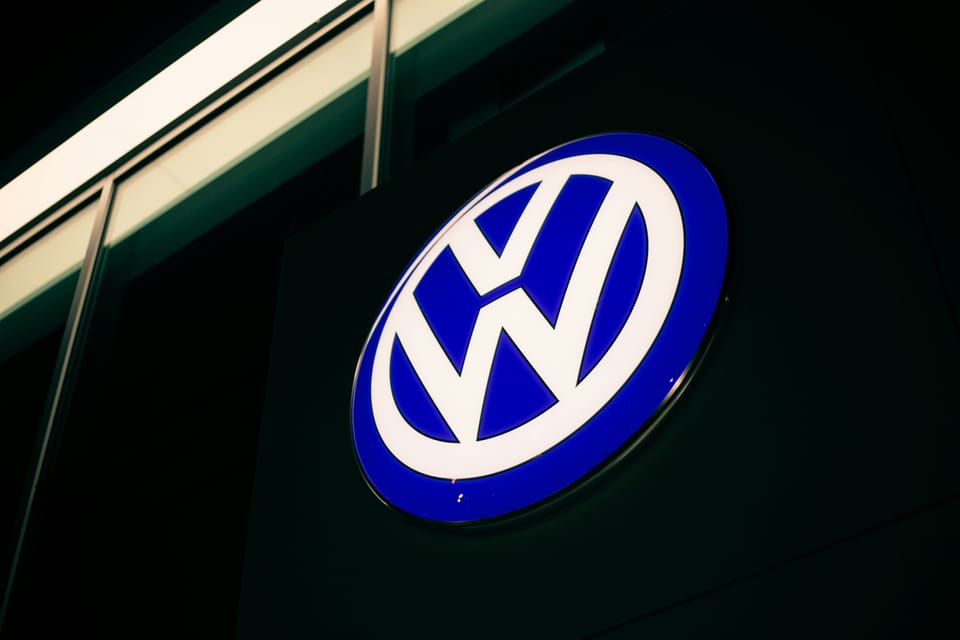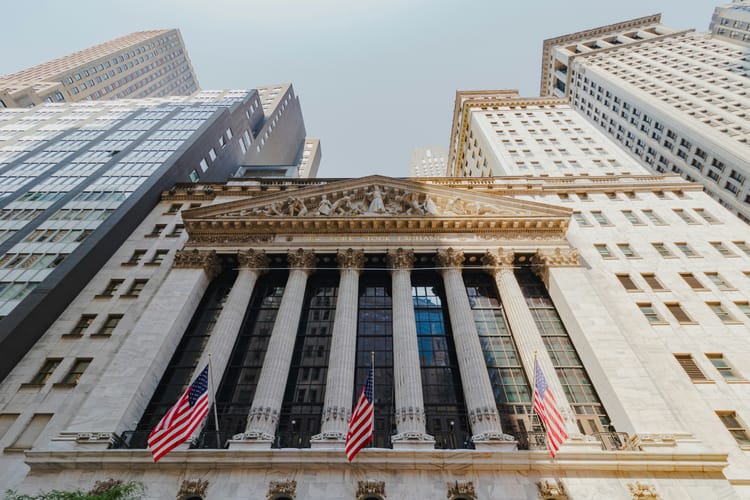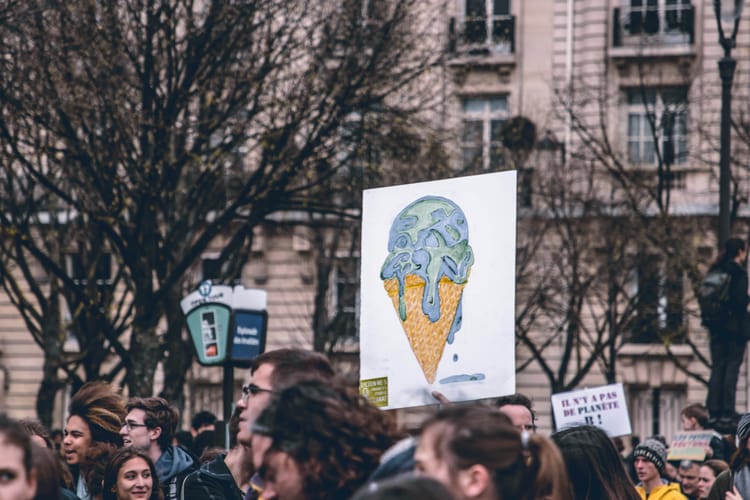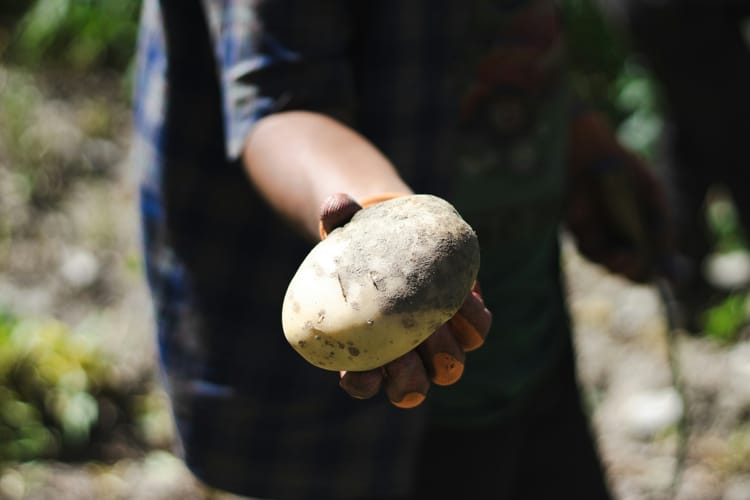Volkswagen will make EVs with low-carbon steel from 2028

Volkswagen has signed an agreement with Thyssenkrupp to purchase low-carbon steel from its Duisburg direct reduction plant from 2028 to reduce emissions from its electric vehicle supply chain.
The deal will help Volkswagen reduce Scope 3 emissions as it continues to electrify its products and work towards its 2030 goal to cut vehicles’ carbon intensity by 30%. The carmaker estimates that 15 to 20% of an electric vehicle’s emissions come from steel production.
Volkswagen saw its carbon footprint jump by 17 million tonnes last year as sales growth offset advances in operational efficiency and vehicle CO2 intensity.
“Decarbonising supply chains is a decisive factor for the Volkswagen Group on the road to carbon neutrality. We want to achieve this goal by 2050 at the latest, and using low-carbon steel is an important step in making supply chains at Volkswagen Group even more environmentally friendly going forward,” said Dirk Große-Loheide, Member of the Board of Management of the Volkswagen Brand responsible for Procurement and Member of Volkswagen AG’s Extended Executive Committee.
A boon for Thyssenkrupp’s direct reduction steel plant
Steel produced at Thyssenkrupp’s Duisburg plant will be made through a process called direct reduction iron (DRI) instead of using a blast furnace.
The DRI process requires a reducing agent, which can be coal, natural gas or hydrogen: even with coal, it has been shown to emit 38% less emissions than blast furnaces.
Thyssenkrupp’s DRI plant is scheduled to be commissioned from 2027, powered by hydrogen and renewable electricity. It will start out using natural gas as a reducing agent, a method that results in about 1.4 tonnes of CO2 per tonne of steel – about 25% lower than if it was made with a blast furnace process.
The German firm plans to switch to hydrogen at a later date to produce what would then be called green steel at 0.5 tonnes of CO2 per tonne of product – though it has been reviewing this plan due to economic challenges (hydrogen-based steel production is estimated to become competitive with conventional methods at a cost of US$1 per kg of hydrogen).
The deal with Volkswagen, a memorandum of understanding, could support the viability of Thyssenkrupp’s green steel plans in Duisburg.
Volkswagen subsidiary Scania also on the road to green steel
Last year, truckmaker Scania, a Volkswagen subsidiary, also signed a green steel agreement with its largest steel supplier, SSAB. The deal will see Scania start buying hydrogen DRI-made steel from 2026.
From then, Scania expects to ramp up deliveries in order to make all of its trucks with this green steel by 2030 (initially only those made in Europe, with a view to extend this commitment to China and Latin America production).







Member discussion